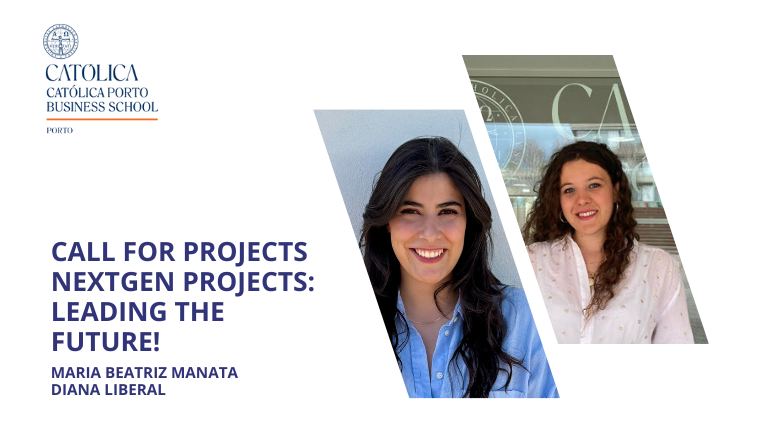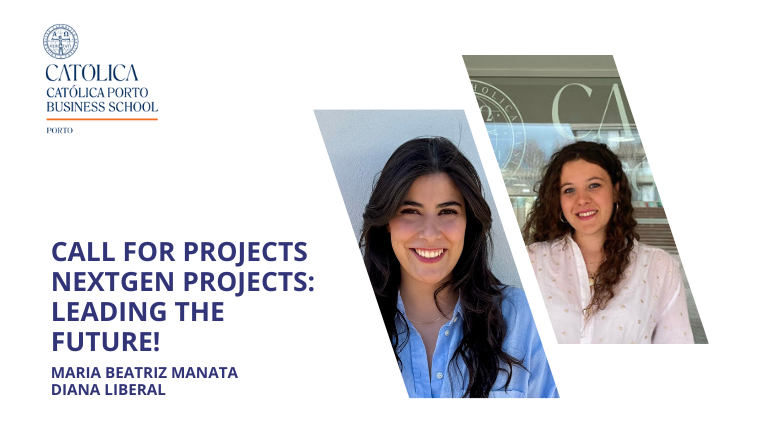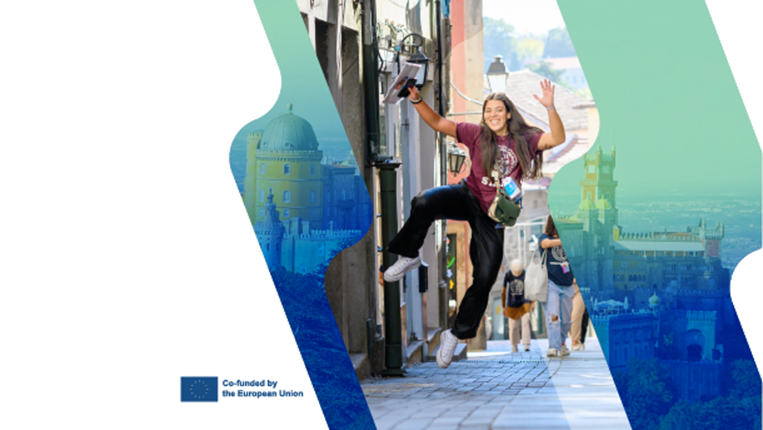Maria Beatriz Manata and Diana Liberal, Master’s students in Service Management at Católica Porto Business School, were awarded second place in the Universities category of the “Call for Projects – NextGen Projects: Leading the Future!” competition, organised by the Project Management Institute (PMI), one of the world’s leading organisations in the field of project management.
Their project, “4Flow – Smart Tourism”, proposes an application that uses Artificial Intelligence to create personalised travel itineraries and connect travellers with local guides and authentic experiences, promoting more sustainable tourism with a positive impact on local economies. The system offers intelligent recommendations, real-time updates, and integrated booking options, transforming the process of planning a trip into a simple and meaningful experience.
“Maria and Diana are two passionate students who have stood out for their creativity and professionalism. This project demonstrates how the application of advanced technologies, such as Artificial Intelligence and GenAI, can generate innovative solutions with real impact,” highlights Cristina Trocin, Lecturer in Information Systems at Católica Porto Business School and responsible for the Project Management course. “This award recognises the talent of our students and the school’s commitment to preparing professionals ready to lead the future,” she adds.
The Call for Projects competition annually distinguishes students and lecturers who develop innovative projects in Portugal. Although only the first-place winners present their work at PMI’s annual conference, the recognition of the Portuguese students is seen as a sign of excellence and international competitiveness.
For Católica Porto Business School, this achievement reinforces the importance of project management education as an essential tool to tackle real-world challenges and create innovative business solutions. “It is a great source of pride to see our students applying the knowledge acquired in the classroom to develop a project of such quality and impact,” concludes Cristina Trocin.




